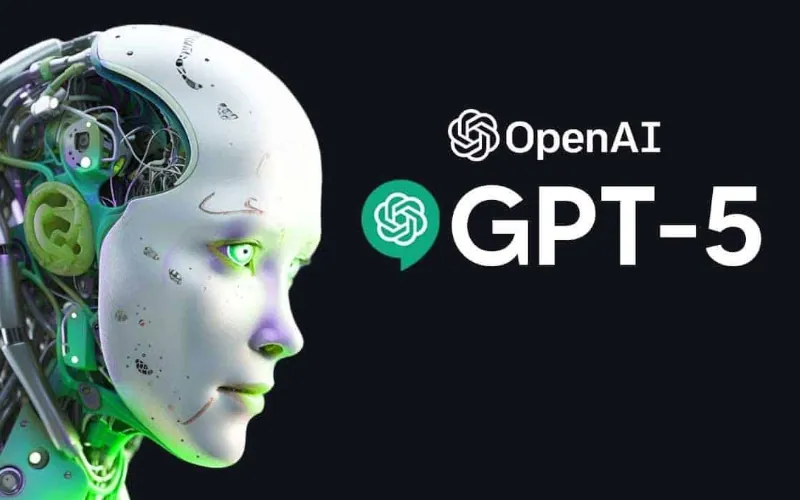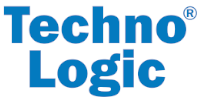In 2025, artificial intelligence (AI) is no longer a futuristic concept—it has become an integral part of workplace productivity. Companies across industries are leveraging AI-powered tools to streamline tasks, enhance efficiency, and enable employees to focus on higher-value work. From automating routine administrative tasks to providing intelligent insights, AI is transforming how we work.
Key Developments in AI Productivity Tools
Several notable trends have emerged in AI-driven productivity solutions:
Automation of Repetitive Tasks: Tools can now handle scheduling, email sorting, data entry, and reporting automatically, reducing human error and freeing time for creative or strategic work.
Intelligent Collaboration Platforms: AI integrations in collaboration software help summarize meeting notes, suggest action items, and even recommend team task prioritization.
Contextual Insights: Advanced AI analytics tools process large datasets, delivering actionable insights to improve decision-making and workflow optimization.
Personalized Workflows: AI can adapt to individual work patterns, suggesting shortcuts or optimizations based on personal productivity habits.

Impacts on Businesses and Employees
The widespread adoption of AI productivity tools brings both opportunities and challenges:
Efficiency Gains: Companies report increased output and reduced operational costs as mundane tasks are automated.
Enhanced Decision-Making: AI insights help managers make data-driven decisions faster and more accurately.
Skill Shifts: Employees are increasingly focusing on creative, strategic, and interpersonal tasks, while technical proficiency in AI becomes a valuable asset.
Ethical Considerations: Privacy, data security, and algorithmic bias remain critical concerns that organizations must address.
Leading AI Productivity Tools in 2025
Some of the most widely adopted tools include:
Microsoft Copilot: Integrates AI into Office 365 applications, helping users draft documents, summarize emails, and create presentations efficiently.
Notion AI: Enhances knowledge management and project tracking with automated summaries, content generation, and task prioritization.
Zapier AI: Automates workflows across apps, enabling seamless data transfer and task execution without manual intervention.
Trello and Asana AI features: Offer predictive project timelines, automated task assignment, and progress tracking.
Future Outlook
As AI technology advances, productivity tools are expected to become more intuitive, predictive, and integrated across platforms. The rise of AI assistants that can understand context, anticipate needs, and collaborate with humans in real-time is on the horizon. Organizations that embrace these tools responsibly will likely gain a competitive edge in efficiency and innovation.
AI-powered productivity tools in 2025 are reshaping the modern workplace. By automating repetitive tasks, providing intelligent insights, and personalizing workflows, these tools empower employees to focus on higher-value activities. Businesses that leverage AI thoughtfully stand to improve both efficiency and employee satisfaction, while also navigating the ethical and practical challenges of widespread AI adoption.







